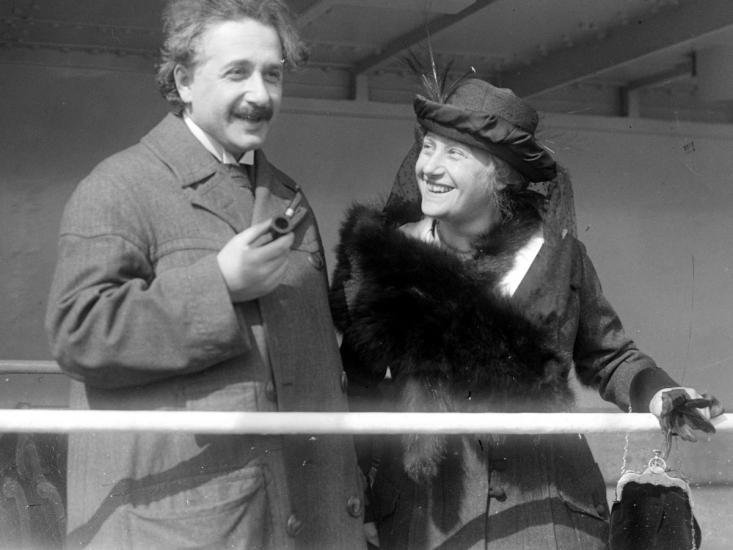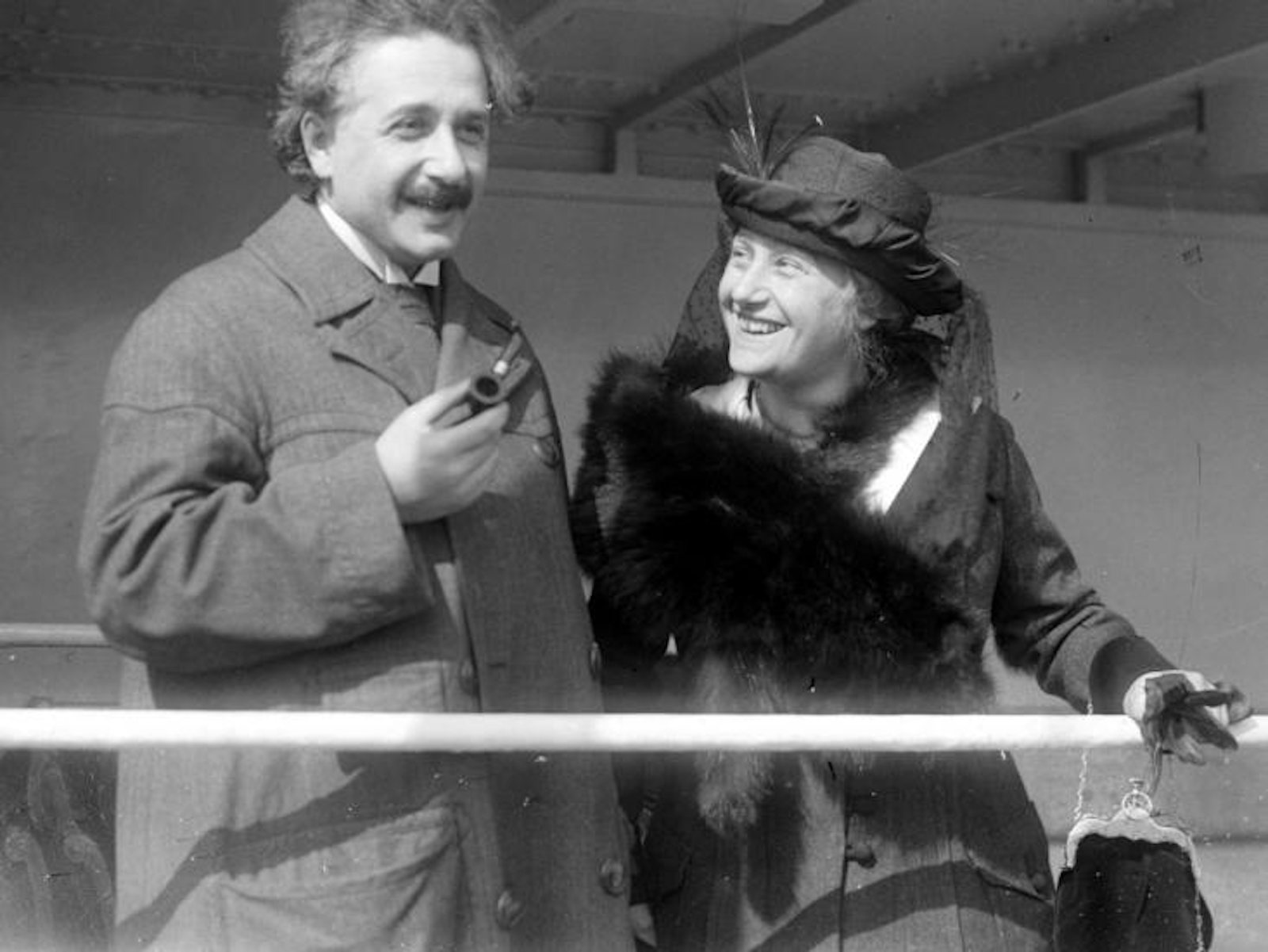
Love is supposed to make you stupid. We’re used to seeing the lover as a mooning fool, blind to his lover’s faults and the goings-on of the outside world, or even as a person who has lost all sense of rationality or propriety, driven to a kind of madness. There’s science to back this up: Love has been shown to decrease brain activity in areas associated with memory, long-term planning, learning, and abstract thought, and psychologists have found a correlation between love and irrational and obsessive behaviors.
However, as with most human emotions, there are two sides to this love story. Being in love can also boost our cognition. For example, love can counteract the effects of chronic stress on the brain. Chronic stress can inhibit the development of the hippocampus, a brain area associated with emotion, learning, and memory.
In a 2013 study published in Brain Research using a mouse model, scientists found that sexual interaction between mate pairs had a positive effect on the brain’s ability to recognize things during periods of stress. Sexually experienced mice had increased expression of proteins associated with the development and maintenance of neurons when compared to a control group.
Though sex and love don’t always go hand-in-hand, just thinking about them can improve our cognitive skills. In a 2009 study, psychologists found that people who were primed by thinking about love or sex had an improved ability to complete creative and logical puzzles. In one test, the group had to complete four logic problems and three problems that required creativity. Participants that had been “love primed” performed best at the creative tasks, while the sex primed group proved the best at the logic problems. In a second test, the group had words related to sex or love flashed in front of them before being asked logic questions or questions requiring creative insight. Again, love priming inspired greater creative ability, while sex priming boosted logic. This, believe the authors, is because love makes us think about the future, which requires some measure of imagination and creative thinking. Sex, conversely, grounds us in the here-and-now, making us more able to tackle an immediate problem.
Being in love may also increase your social cognition. A 2014 study published in the Review of General Psychology found that romantic love could be associated with improved ability to understand other people’s mental states. The experiment involved 91 individuals who professed to be “deeply in love.” In one session, participants were “primed” by looking at a photo and the name of their beloved and thinking about how they met. They were then asked to write a couple of sentences about their feelings for their beloved. In another session, participants were asked to do the same, except they were asked to look at photos of a friend’s face and name, and then write about their friendship. After each priming session, they were told to assign emotional states to cropped images of faces, with only the eyes shown. Regardless of the kind of emotion on display, participants showed significant improvement in reading emotions accurately after ruminating on their beloved, with men in particular demonstrating increased accuracy inferring negative emotions.
What this amounts to, say the researchers, is greater empathy. But it also implies that romantic love may boost one of the founding principles of human consciousness—something cognitive scientists call the “Theory of Mind,” which is the ability to imagine others’ intentions, emotions, needs, and beliefs.
So the next time someone tells you that you’re acting stupid because you’re in love, tell them you just might be the smartest person in the room.
Claire Cameron is Nautilus’ social media & news editor. Follow her on Twitter @clarabell8.






























